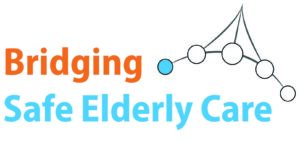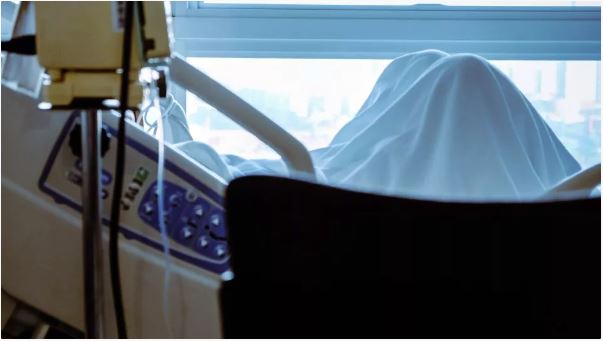Read Søren Tvilsted’s blog here or in Danish on ingeniøren.dk via this link.
We are living longer, and as we age, we often become more ill and vulnerable. Many elderly individuals have multiple chronic conditions and require extensive use of healthcare services. This trend places significant demands on the healthcare system of the future. With an already strained system, it is pertinent to ask whether hospitals will even be able to accommodate me when I grow older and possibly face multiple chronic illnesses.
While patients obviously need assistance, hospitalization is not always the best solution. Even short hospital stays can be taxing, especially for elderly patients with multiple health issues. This calls for new ways of thinking—both for those who could be better treated at home and for those where hospitalization is necessary.
At my unit at Zealand University Hospital, the Research Unit in the Administration Division, we are working on a research project where artificial intelligence (AI) aims to improve patient safety through better communication and documentation while also preventing readmissions. Research lecturer and nurse Gitte Bunkenborg from the Department of Cardiology at Zealand University Hospital is one of the driving forces behind the project.
For many years, Gitte has worked to ensure a safe and secure hospital experience for vulnerable, elderly patients with multiple chronic conditions. As far back as 10 years ago, she investigated the risks associated with transferring patients from intensive care to other hospital wards. Today, her research focuses on patients’ experiences during hospitalization and internal transfers, where many patients currently feel like they are the carriers of their own information between different care settings.
Gitte believes that healthcare staff play a significant role in improving the transfer of information between patient care settings, especially for the sickest and most vulnerable patients, who will likely make up the majority of future hospital admissions.
The project involves developing a transitions page for the Health Platform using artificial intelligence. This page aims to ensure that the most essential patient information is easily accessible to healthcare staff when a patient is transferred internally within a hospital, to another hospital, and subsequently to municipal care or their own home. It is crucial that patients feel secure and that all healthcare staff have a complete picture of the patient. The hypothesis is that a secure and seamless hospitalization, along with a smooth transition back home, reduces the risk of readmission.
It is truly rewarding to witness how research, innovation, and artificial intelligence (technology) can work hand in hand. The development of the transitions page is a digital solution based on research-driven knowledge about patients’ and healthcare professionals’ perspectives and experiences with communication, documentation, and information transfer during internal transitions. At the same time, it provides us with the necessary data to identify those at risk of readmission. This identification will enable us to implement initiatives in the patient’s own home or within municipal care to prevent readmissions.
It will be exciting to follow the development of the transitions page. The ambition is for it to eventually be implemented in the health platform, Sundhedsplatformen. With such innovative solutions, we can hopefully ensure better care for the elderly and those with multiple chronic conditions in the future.
The Bridging Safe Elderly Care project is a Danish-Swedish initiative supported by funding from the EU program Interreg Öresund-Kattegat-Skagerrak.

